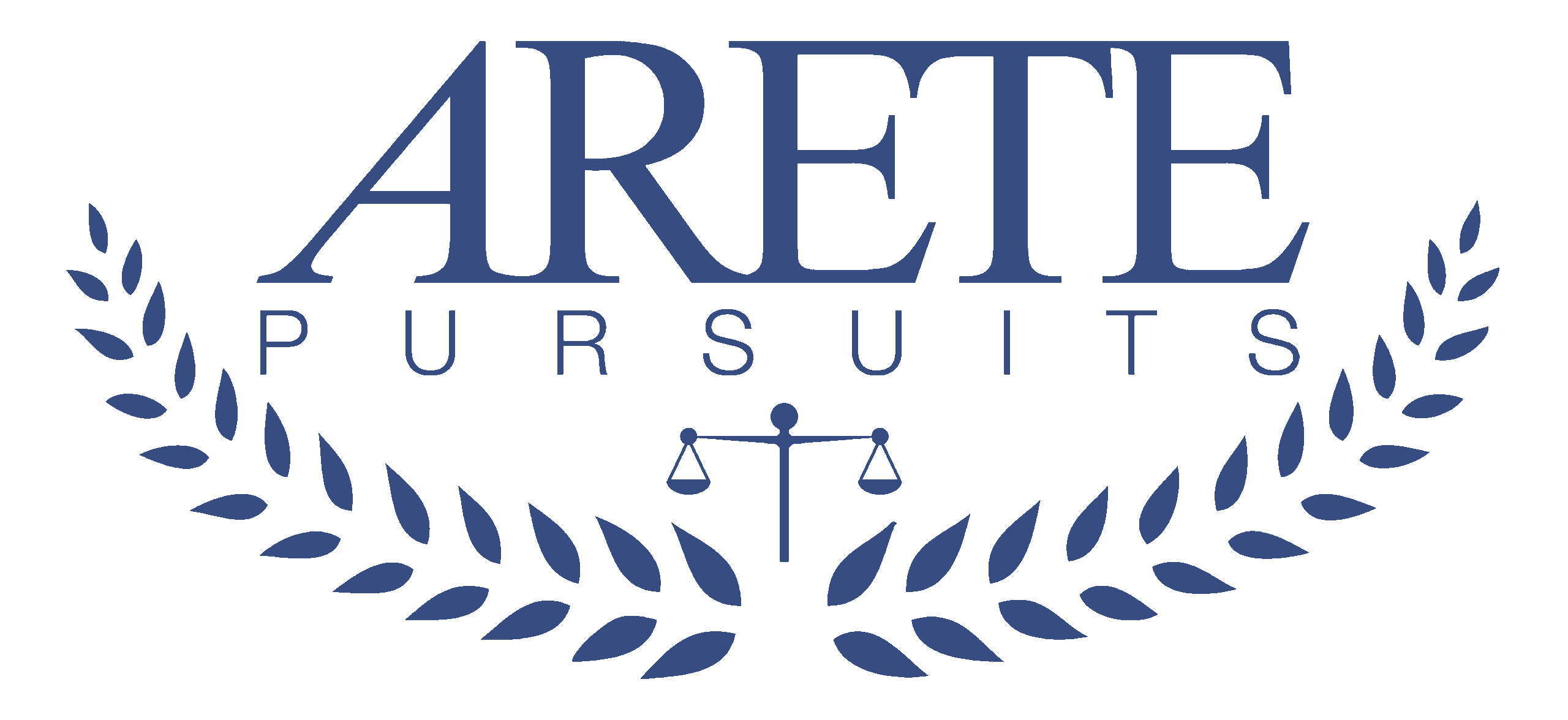Last week in Delegation 101, we explored many common barriers preventing us from delegating effectively. This week we leverage one of the foundational components of ontological coaching, speech acts, to help us be clear with our delegation requests. Much of what I share here comes from Language and the Pursuit of Leadership Excellence by Chalmers Brothers and Vinay Kumar.
I’m worried they won’t understand my expectations.
This is our next big hurdle to overcome when delegating. We delegate the task, we think they understood what we asked for, and when the task is completed, it did not meet our expectations. When I unpack these scenarios with clients, more often than not, we find that the expectations were not clear. Part of my learning with the Newfield Network is a set of distinctions around our use of language called speech acts, most commonly attributed to J. L. Austin. One such speech act is a request.
Components of an Effective Request
Several components constitute an effective request. Consider how often you include each of these components when you make requests.
1. Committed Speaker (Requestor, Customer) – The person making the request should be committed to the action of making a request. If you are sitting in a meeting and trying to multi-task by slacking a request to someone, you are probably not a committed speaker. Make sure the request has your undivided attention.
2. Committed Listener (Hearer, Performer) – You want to ensure that the person who will perform the request is also a committed listener. Think of the times you didn’t have the listener’s attention. Perhaps they accepted your request but didn’t hear the details of what you asked them to do. If you are requesting via email, text message, or slack, you have no control over whether or not you have a committed listener. If the stakes are low, this may be fine. To delegate a significant task, have the conversation in a setting where you can ensure the speaker and listener are committed.
3. Conditions of Satisfaction – An effective request spells out in sufficient detail what the conditions of satisfaction are. So many delegation breakdowns occur here. We are pressed for time, or we think the listener should know what we want, so we don’t provide sufficient detail about what we are expecting. When this happens, and the result doesn’t meet our expectations, we often hold the performer responsible for not reading our minds when we should be holding ourselves accountable for our lack of clarity.
4. Specified Time for Fulfillment – This is so easy to do and so often overlooked. Take the extra seconds to spell out precisely when you need the request fulfilled, and be precise. It will make everyone’s job easier.
5. Context – For the Sake of What? – Another component that is often left out. We make the request, and we don’t explain why we need it fulfilled. Often, we think the performer doesn’t need to know. Or it doesn’t occur to us this might be useful. Knowing why you are making this request will help obtain the performer’s buy-in. It also may allow you to make a counter-offer that better serves your needs.
6. Shared Background of Obviousness – This component needs some explaining. Think back to those requests you made where the result was not what you expected. You likely have instances where you didn’t provide some of the elements listed above, such as conditions of satisfaction, because “They should already know that.” These are the elements that are obvious to you. You have a “background of obviousness” – elements that you don’t need to state explicitly because they are obvious to you. The listener has their own “background of obviousness.” These backgrounds of obviousness are not the same. The “shared” background of obviousness is the overlap between the speaker and the listener – the things which are obvious to both of you. To the extent an element is in your shared background of obviousness, there may be no need to spell it out in your request. If Peter has compiled the TPS report for Bill 100 times and the process has not changed, Bill may just need to ask Peter to compile the TPS report by Friday at 5 PM. If Milton is going to compile the TPS report and has never done it before, Bill’s request to Milton will need to be a lot more specific because their shared background of obviousness is small.
7. Mood/Emotion (of the Speaker and the Listener) – As Julio Olalla, Founder and President of Newfield Network, loves to say, “The right conversation in the wrong mood is the wrong conversation.” Both the speaker and the listener must be in a mood to have the conversation. Most of us learned this in childhood – when we wanted something from a parent or caregiver, we waited until the time was right: “Dad is in a bad mood today – let’s ask him tomorrow.”
Clarity is an Act of Kindness
I realize that’s a lot to digest. You may look at this and feel like you’re going to offend the listener if your request is this specific and detailed. Please consider Brené Brown’s advice in Dare to Lead. Clear is kind. Unclear is Unkind. This extra effort upfront is an act of kindness to the listener, preventing rework and frustrations that stem from an unclear request. Share this framework with your team, so they have the context behind your specific request. Build your shared background of obviousness as they point out which elements of the request do not need to be spelled out in the future.
Valid Responses to an Effective Request
There are only four valid responses to an effective request.
1. Accept – The listener accepts the request, forming a promise.
2. Decline – The listener does not accept your request. Note: if declining your request is not an option, then you haven’t made a request. You’ve made a declaration or an order.
3. Counter-offer – The listener cannot accept your request as specified but can fulfill a request with some adjustments. At this point, you enter into negotiation on the particulars of the request until you form a request that both parties agree to.
4. Commit to Commit – The listener cannot accept the request immediately because they have to do some follow-up. The listener commits to respond at a later time.
“I’ll try” is not a valid response. Often we get something other than the four responses listed above, and we hear an acceptance that was not offered. If you get a weak acceptance, make sure you continue the conversation until you get a valid response.
Implementing the Framework for Effective Requests
Once you understand this framework for making and receiving effective requests, you will see ineffective requests everywhere you look. I invite you to start paying attention to the requests you make and the requests you receive. What elements are lacking that would make the request more specific? Where do you need to probe before committing to ensure you are making a promise you can fulfill? Perhaps most importantly, what are the requests you are not even making that will enhance your quality of life if you make them?
Up Next
If you’ve been paying close attention, you know there is one enemy of delegation that remains unaddressed.
This is a thankless task. I don’t want to make someone else do it.
We will tackle this next week in a broader conversation about leveraging strengths.
Want to comment? Join the conversation on LinkedIn.

